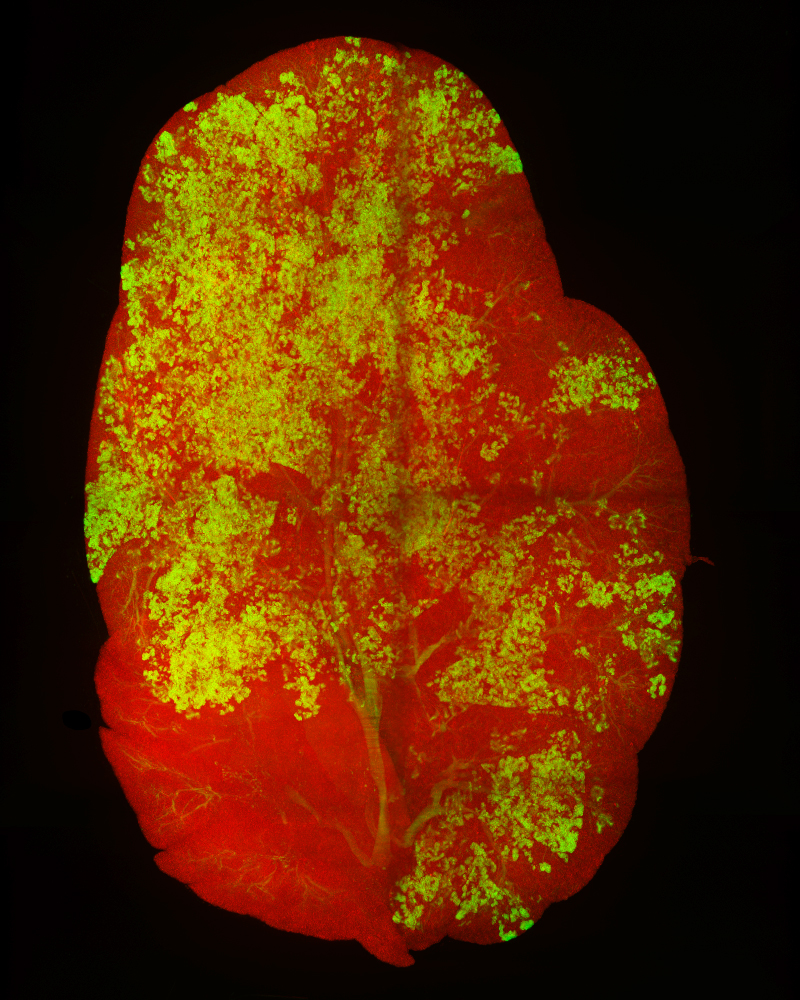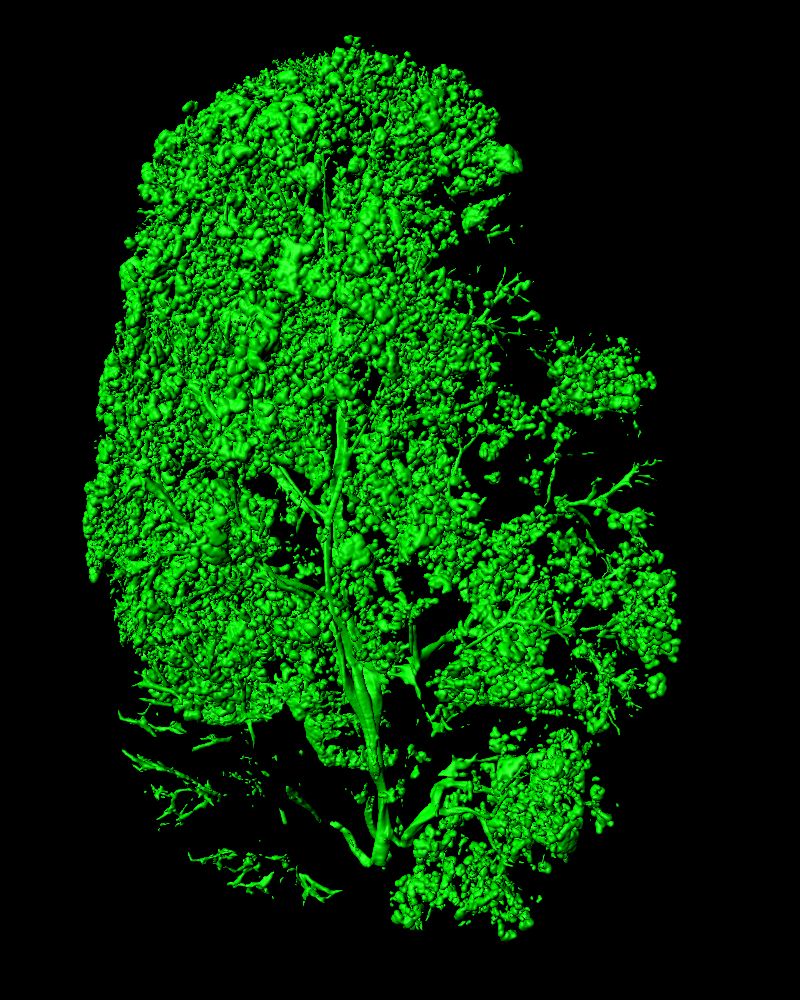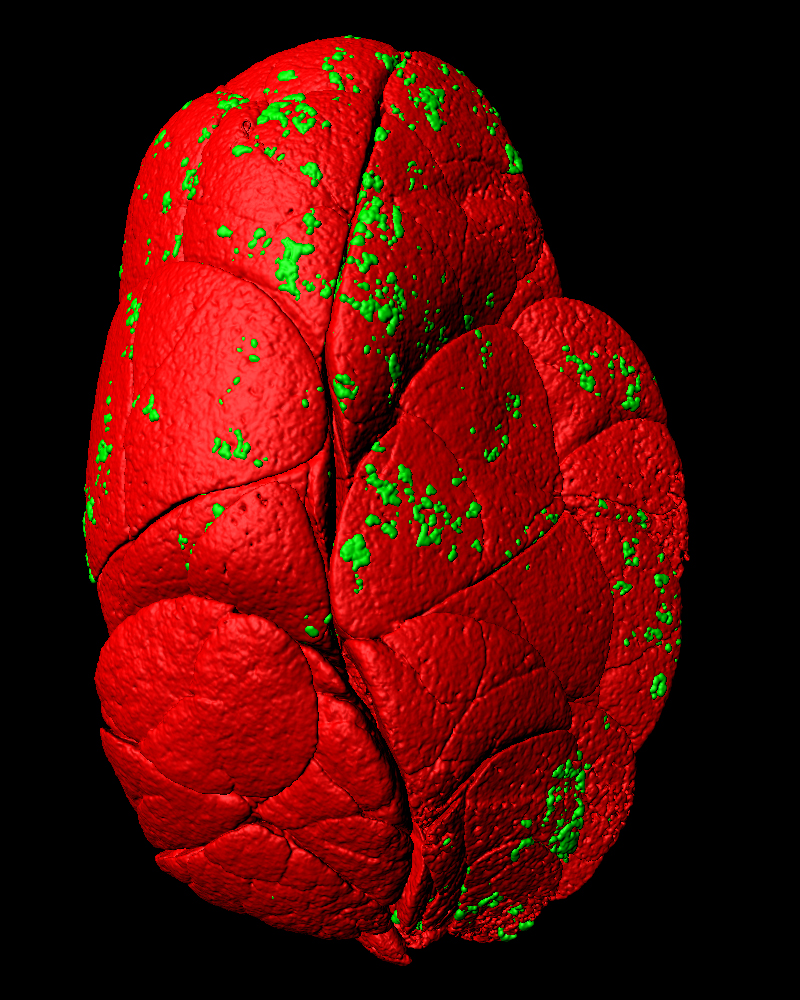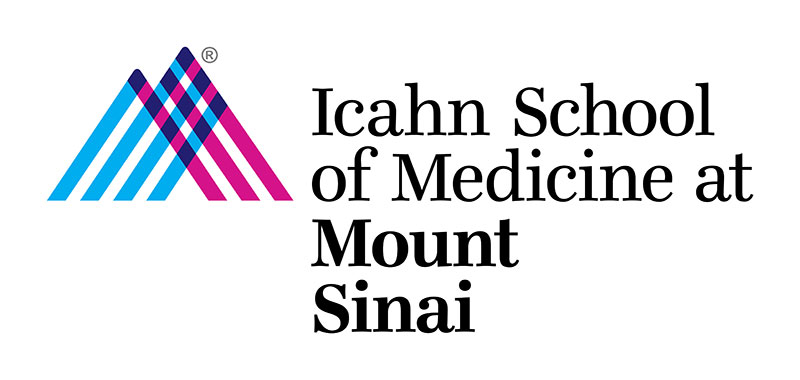


Overarching Goals
The Ying lab focuses on establishing the causal relationship between cancer lesions, environmental cues, tissue damaging stresses and epithelial cell fate choice in homeostasis, malignant growth and tissue regeneration. In the past few years, we build up the know-hows to rapidly test single or pooled gene function using embryonic transduction of oral and breast epithelia, and directly observe cell fate choice using intra-vital as well as whole mount 3D imaging. With these cutting-edge technologies, we discovered that oncogene induced differentiation creates a barrier to clonal expansion that acts as a dominate tumor suppressive mechanism. In mammary epithelium, we characterized the growth dynamics of its early progenitors using barcoded lineage tracing, and established that every mouse mammary gland originates form a defined number of ectodermal progenitors that will give rise to epithelial clones of equal expansion potential. Based on this insight, we developed a genetic screen platform that that is capable to test up to ~1200 individual genetic conditions in intact mammary glands of one single mouse. Recently, the Ying lab is building up the capability of studying the high-dimensional combinatorial effect of genetic lesions/signaling pathways, which closely resembles the mode of action of heterogeneous cancer genomes, using our next-generation lentivirus-based single cell barcoding systems.

Our Sponsors

